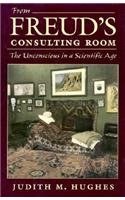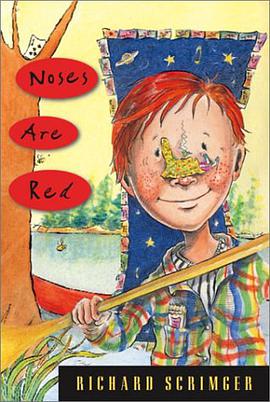

具體描述
The science of mind has been plagued by intractable philosophical puzzles, chief among them the distortions of memory and the relation between mind and body. Sigmund Freud's clinical practice forced him to grapple with these problems, and out of that struggle psychoanalysis emerged. "From Freud's Consulting Room" charts the development of his ideas through his clinical work, the successes and failures of his most dramatic and significant case histories, and the creation of a discipline recognizably distinct from its neighbours. In Freud's encounters with hysterical patients, the mind-body problem could not be set aside. Through the case of Anna O., Emmy von N., Elisabeth von R., Dora, and Little Hans, he rethought that problem, as Hughes demonstrates, in terms of psychosexuality. When he tried to sort out the value of memories, with Dora and Little Hans as well as with the Rat Man and the Wolf Man, Freud reintroduced psychosexuality and elaborated the Oedipus complex. Hughes also traces the evolution of Freud's conception of the analytic situation and of the centrality of transference, again through the clinical material, including the case of Freud himself, who at one point figured as his own "chief patient". Moving from case to case, Hughes has coaxed them into telling a coherent story. Her text leads the reader to see the origins and development of psychoanalysis from a new perspective.
著者簡介
圖書目錄
讀後感
評分
評分
評分
評分
用戶評價
相關圖書
本站所有內容均為互聯網搜索引擎提供的公開搜索信息,本站不存儲任何數據與內容,任何內容與數據均與本站無關,如有需要請聯繫相關搜索引擎包括但不限於百度,google,bing,sogou 等
© 2025 book.quotespace.org All Rights Reserved. 小美書屋 版权所有




















